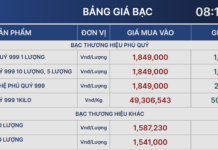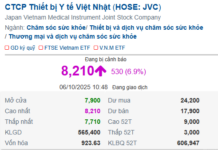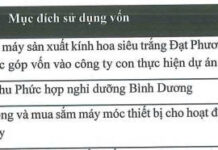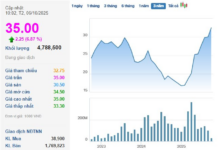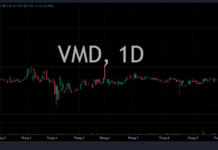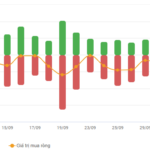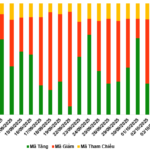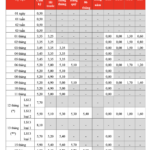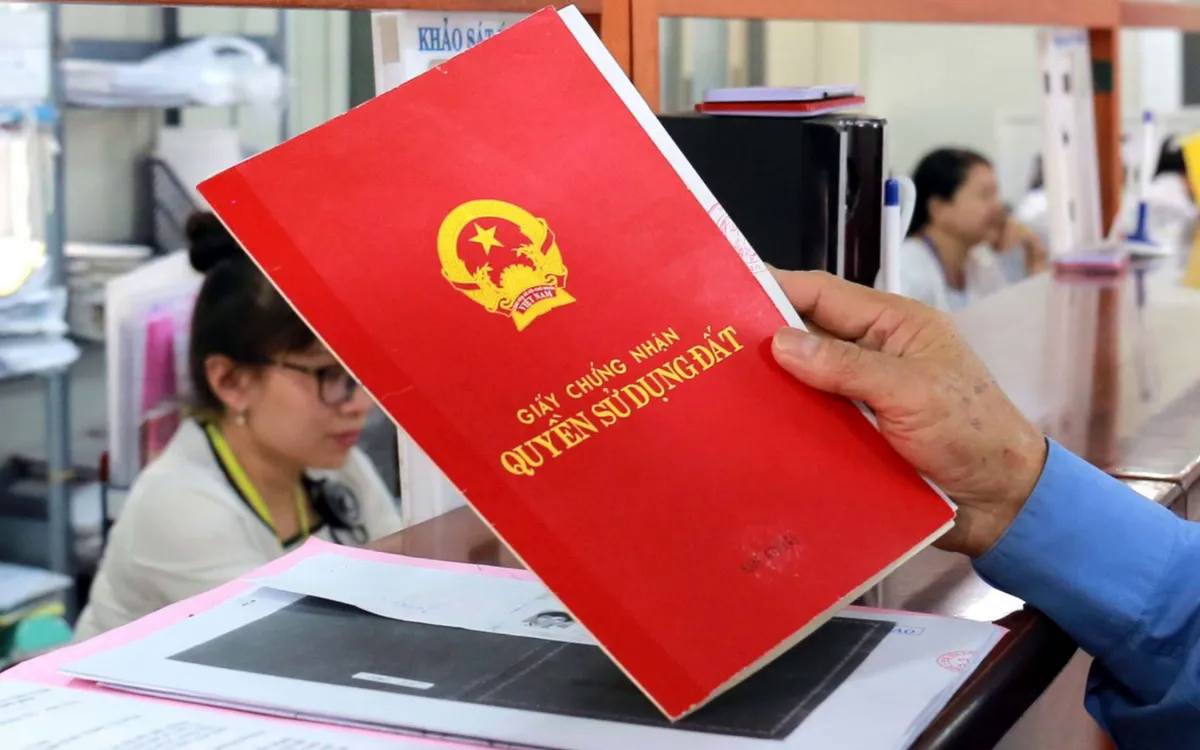
In 2012, Mrs. Huynh Thi M.’s family (Gia Lai) purchased agricultural land cleared by indigenous people. The transaction was documented with a handwritten agreement, and the land had not yet been issued a Land Use Right Certificate.
After the purchase, Mrs. M.’s family has used the land steadily until now. In 2018, they initiated the process to obtain the Land Use Right Certificate through a centralized issuance program. The tax authority notified the family of the tax amount due for the land and informed the People’s Committee of the commune (pre-merger address) to relay the information to the family.
Subsequently, the commune issued a notice regarding the amount Mrs. M.’s family needed to pay. However, due to financial difficulties, the family has not paid the tax since 2018, resulting in the certificate not being issued.
Now, the family wishes to resume the process and has contacted the newly merged commune’s People’s Committee for guidance. They were informed that the time has passed, and the whereabouts of the file are unknown.
Mrs. M. inquires about the steps to obtain the Land Use Right Certificate. If the file is lost, what should she do?
In response, the Ministry of Agriculture and Environment stated that the details provided are insufficient for a specific answer but offered legal principles for reference.
In 2018, when Mrs. M. initiated the registration process, the 2013 Land Law and Decree No. 43/2014/NĐ-CP dated May 15, 2014, detailing the implementation of certain provisions of the Land Law, were applicable. The procedure for first-time issuance of the Land Use Right Certificate to households and individuals is outlined in Article 70 of Decree No. 43/2014/NĐ-CP.
After submitting the application, the commune-level People’s Committee forwards the file to the Land Registration Office for further processing.
At this stage, the Land Registration Office performs its duties: If the land user requests a Land Use Right Certificate, ownership of housing, and other attached assets, the office sends cadastral data to the tax authority to determine and notify financial obligations…
If Mrs. M. has not fulfilled her financial obligations, the file is retained at the Land Registration Office. She is advised to contact the local Land Registration Office for file verification and review.
Additionally, if Mrs. M. possesses copies of required documents but the land management agency no longer has the file, she can reapply for the certificate under Article 137, Clause 7, of the 2024 Land Law.
“Households or individuals with copies of required documents, where the originals are lost and the state agency no longer retains the file, may obtain a Land Use Right Certificate if the commune-level People’s Committee confirms stable, dispute-free land use. Financial obligations must be fulfilled as per the law,” the Ministry of Agriculture and Environment cited from Article 137, Clause 7, of the 2024 Land Law.
For Mrs. M.’s case, the first step is to contact the Land Registration Office to check the file. If it exists, the family needs to pay the notified tax for further processing.
If the file is lost, Mrs. M. should prepare copies of documents proving land use origin and request the commune-level People’s Committee to confirm the land is dispute-free. She can then reapply for the certificate under the 2024 Land Law.
Unlocking Decades-Old Land Disputes: Resolution for Pending Cases Since 2003 on the Horizon
At today’s press conference on socioeconomic issues held on October 2nd, representatives from the Ho Chi Minh City Department of Agriculture and Environment announced accelerated efforts to finalize land pricing following the implementation of the 2024 Land Law and its accompanying decrees. Once resolved, these measures are expected to unlock numerous large-scale projects, paving the way for the approval of tens of thousands of residential units.
Ministry of Agriculture and Environment Aims to Maintain 75% Consensus Rate in Land Reclamation
The Ministry of Agriculture and Environment has proposed two scenarios for land reclamation in the project, suggesting that the state can recover the remaining land if the consensus rate reaches either 75% or 85%. The agency favors the 75% threshold as the more viable option.
Revolutionary Proposal to Resolve Land Valuation Challenges
The proposed land price list is meticulously structured based on land type, region, and location. Provincial People’s Councils determine the land price table every five years, with the next update set to be announced and implemented starting January 1, 2026. Revisions and additions will be made as necessary to ensure accuracy and relevance.



